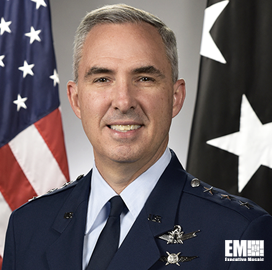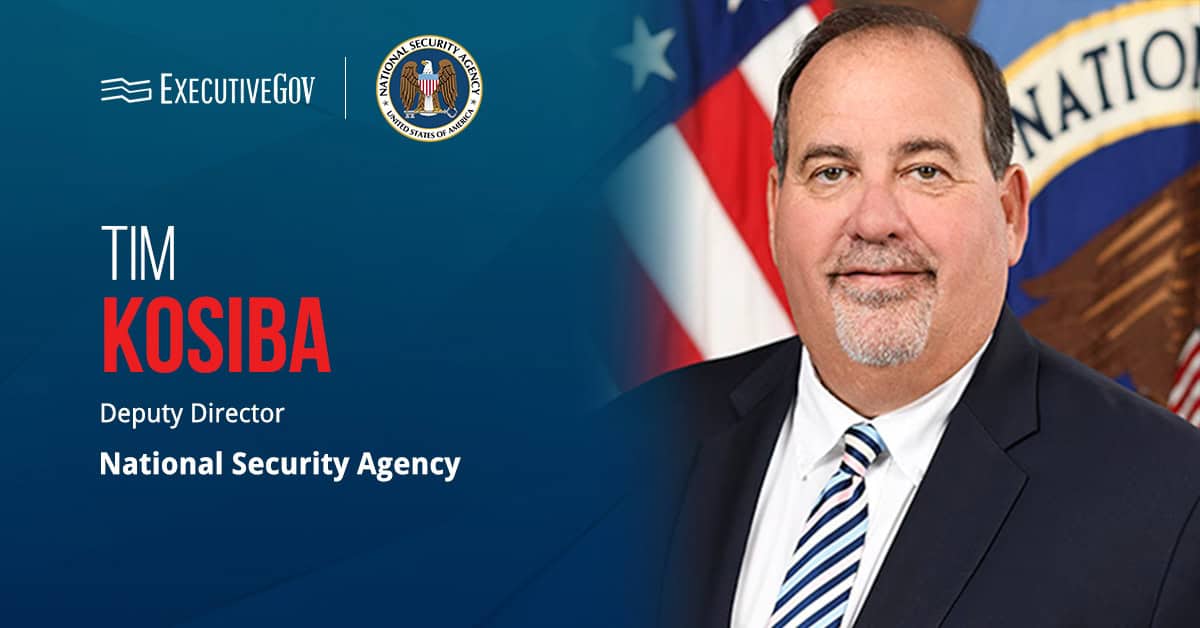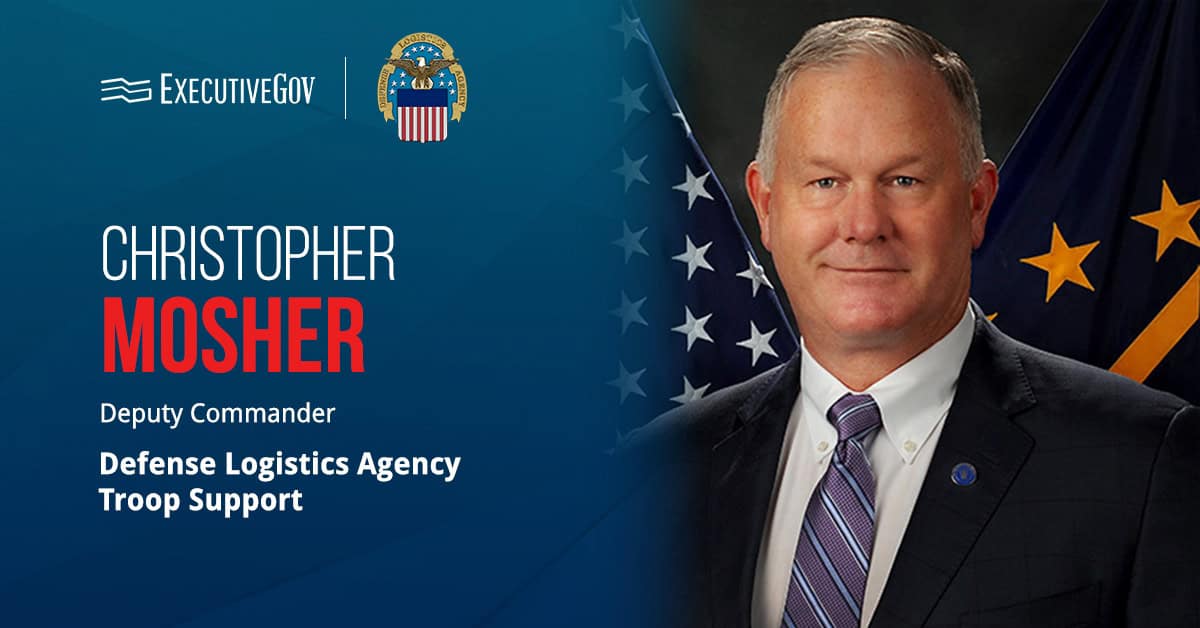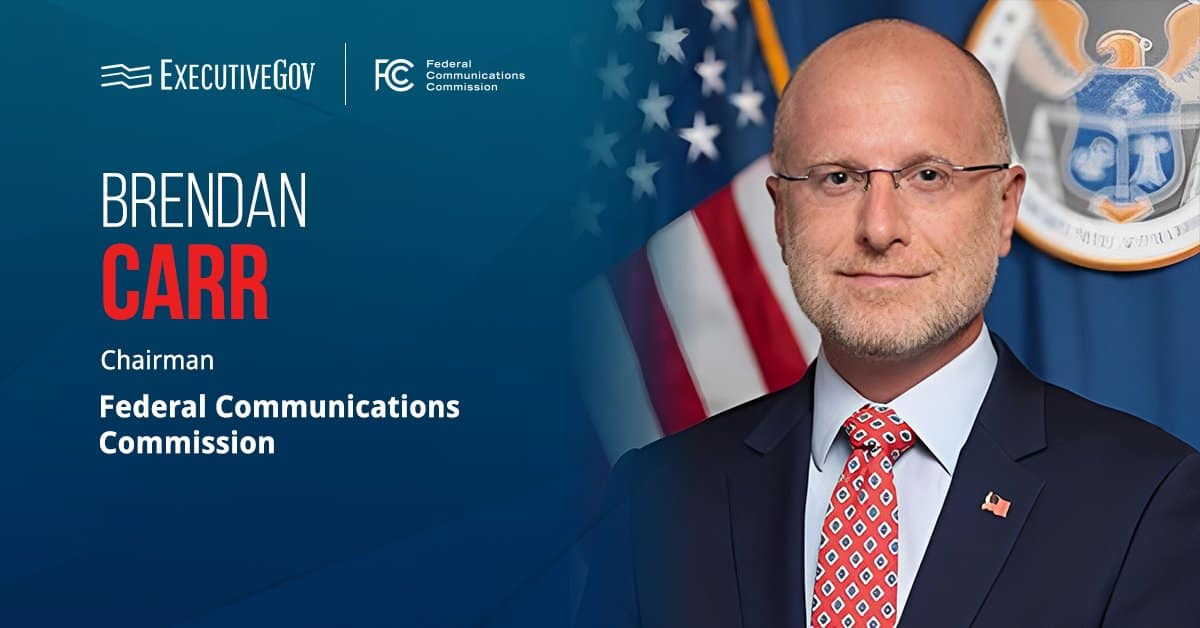Lt. Gen. Stephen Whiting, commander of Space Operations Command, said the U.S. Space Force will establish three intelligence squadrons in the next two years to help address emerging threats, Fox News reported Tuesday.
“We’re going to stand up a threat analysis squadron, a targeting squadron and a PED squadron for procession, exploitation and dissemination,” Whiting said at a forum Monday.
“So, we’re really getting after the intel requirements that our space warfighters need, and those intel guardians are leading the way for us, and I’m very, very proud of what they’ve done,” he added.
During the forum, Whiting said the service is in the process of establishing its own national space intelligence center. He also cited the threats posed by Russia, China, Iran and North Korea in space.





